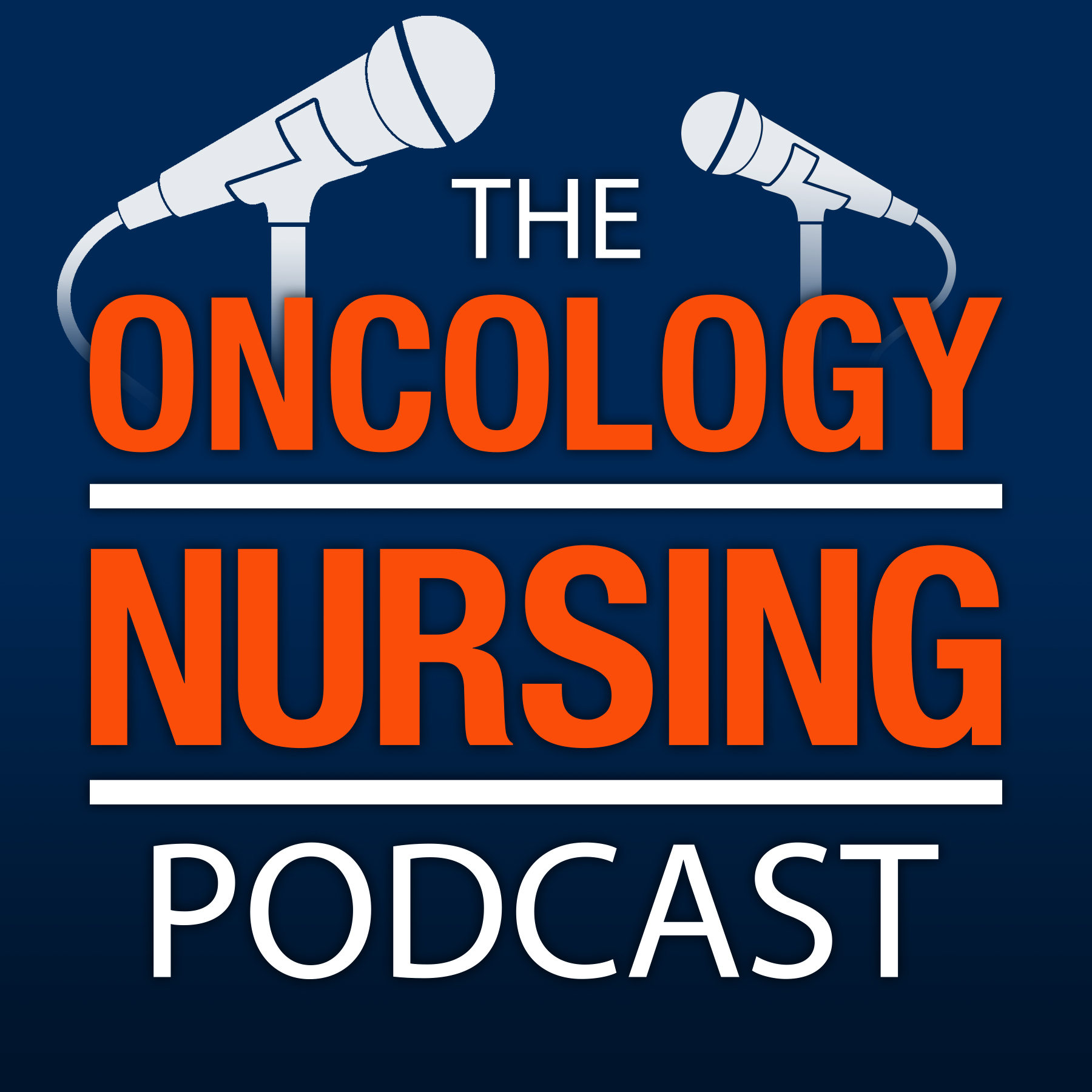
Episode 268: Race in Research: From Subjects to Scientists, ONS Scholar-in-Residence Has a Career Commitment to Racial Equity

The Oncology Nursing Podcast
Shownotes Transcript
“If we’re not driving our own research agenda and we’re not asking the questions we see as important, we are not realizing the full potential of nursing. We know, because we are with patients, what the issues are for patients, for families, and for communities. We have to be able to say, ‘Nope, this is the question.’” Margaret (Peg) Rosenzweig, PhD, FNP-BC, AOCNP®, ONS’s scholar-in-residence and professor at the University of Pittsburgh in Pennsylvania, told Jaime Weimer, MSN, RN, AGCNS-BS, AOCNS®, oncology clinical specialist at ONS, during a discussion about her oncology nursing clinical and research career, commitment to equity, and role as ONS’s scholar-in-residence. You can earn free NCPD contact hours after listening to this episode and completing the evaluation linked below.
Music Credit: “Fireflies and Stardust)” by Kevin MacLeod
Licensed under Creative Commons by Attribution 3.0
Earn 0.75 contact hours of nursing continuing professional development (NCPD) by listening to the full recording and completing an evaluation at myoutcomes.ons.org) by July 14, 2025. The planners and faculty for this episode have no relevant financial relationships with ineligible companies to disclose. ONS is accredited as a provider of NCPD by the American Nurses Credentialing Center’s Commission on Accreditation.
Learning outcome: The learner will report an increase in knowledge related to race in research.
Episode Notes
Complete this evaluation for free NCPD).
Oncology Nursing Podcast Episode 107: Social Determinants Lead to Unequal Access to Health Care)
ONS clinical practice resources:
Racial Disparities in Cancer Care: Biomarker Testing for Lung Cancer)
Racial Disparities in Cancer Care: First-Line Treatment Options and Side-Effect Management)
Racial Disparities in Cancer Care: Supportive and Hospice Care)
Racial Disparities in Cancer Care: Telehealth and Clinical Trial Options)
*ONS Voice *articles:
Cancer Mortality Declines Among Black Patients but Remains Disproportionately High)
Diversity in Nursing Begins at the Student Level)
Diversity in Nursing: How the Profession Is Addressing Racial and Gender Gaps)
Specialized Risk Calculator May Reduce Disparities for Black Patients With Breast Cancer)
Racism, Health Inequities, and Unequal Access to Care Are Oncology Nursing Research Priorities)
ONS DEI Commitment Statement)
Implicit Bias in Nursing: Identifying and Confronting the Issue)
National Institutes of Health’s National Institute on Minority Health and Health Disparities)
To discuss the information in this episode with other oncology nurses, visit the ONS Communities).
To find resources for creating an ONS Podcast Club in your chapter or nursing community, visit the ONS Podcast Library).
To provide feedback or otherwise reach ONS about the podcast, email [email protected]).
Highlights From Today’s Episode
“A commitment that we all have to have is toward more diversity in oncology nursing and in oncology research and thinking about what can I do in my world.” Timestamp (TS) 7:52
“Unless we listen to and really fully honor what the nurse can ask about their experience with patients, we’re missing so much in the way that we can help patients’ families and communities.” TS 17:08
“I think we haven’t thought fully enough about the patient in the context of their life. I think we’ve thought about symptoms, but we have to think about the patient baring those symptoms, where they come from, and what they’ve experienced. So, I think incorporating the social determinants of health is very important.” TS 18:00
“White researchers will say, ‘It doesn’t matter. You can hire White recruiters and as long as people are properly trained, that should not matter.’ I feel like that is a bit of implicit bias that we as White researchers just don’t recognize. We think it doesn’t matter because it doesn’t matter to us. But it does matter to Black women.” TS 30:13